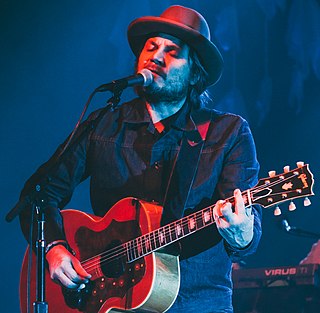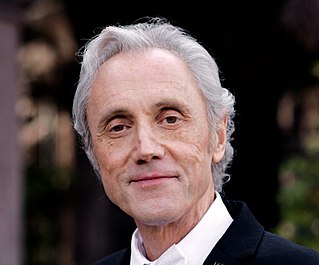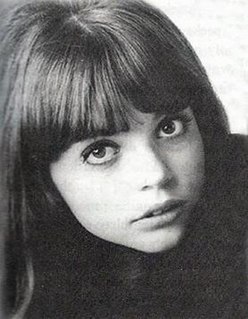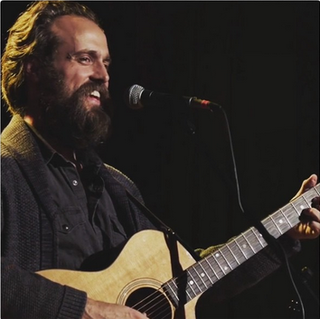A Quote by Jeff Tweedy
Sometimes it's liberating to confront horrible things in lyrics as a way to master the shadow-self that exists in everyone.
Related Quotes
You can put this another way by saying that while in other sciences the instruments you use are things external to yourself (things like microscopes and telescopes), the instrument through which you see God is your whole self. And if a man's self is not kept clean and bright, his glimpse of God will be blurred - like the Moon seen through a dirty telescope. That is why horrible nations have horrible religions: they have been looking at God through a dirty lens.
Jung first gave us the term ‘shadow’ to refer to those parts of our personality that have been rejected out of fear, ignorance, shame, or lack of love. His basic notion of the shadow was simple: ‘the shadow is the person you would rather not be.’ He believed that integrating the shadow would have a profound impact, enabling us to rediscover a deeper source of our own spiritual life. ‘To do this,’ Jung said, ‘we are obliged to struggle with evil, confront the shadow, to integrate the devil. There is no other choice.’
Do I start with the lyrics? No. Quite honestly, it's the opposite. I generally get the melody first - I kinda fiddle around on the guitar and work out a melody. The lyrics are there to flesh out the tone of the music. I've tried before to do things the other way around, but it never seems to work. Obviously, I spend a lot of time on my lyrics, I take them very seriously, but they're kinda secondary. Well, equal, maybe. I think sometimes that if you write a poem, it should remain as just a poem, just... words.
Sometimes, when we're terrified of embracing our true calling, we'll pursue a shadow calling instead. That shadow career is a metaphor for our real career. Its shape is similar, its contours feel tantalizingly the same. But a shadow career entails no real risk. If we fail at a shadow career, the consequences are meaningless to us. Are you pursuing a shadow career?




































